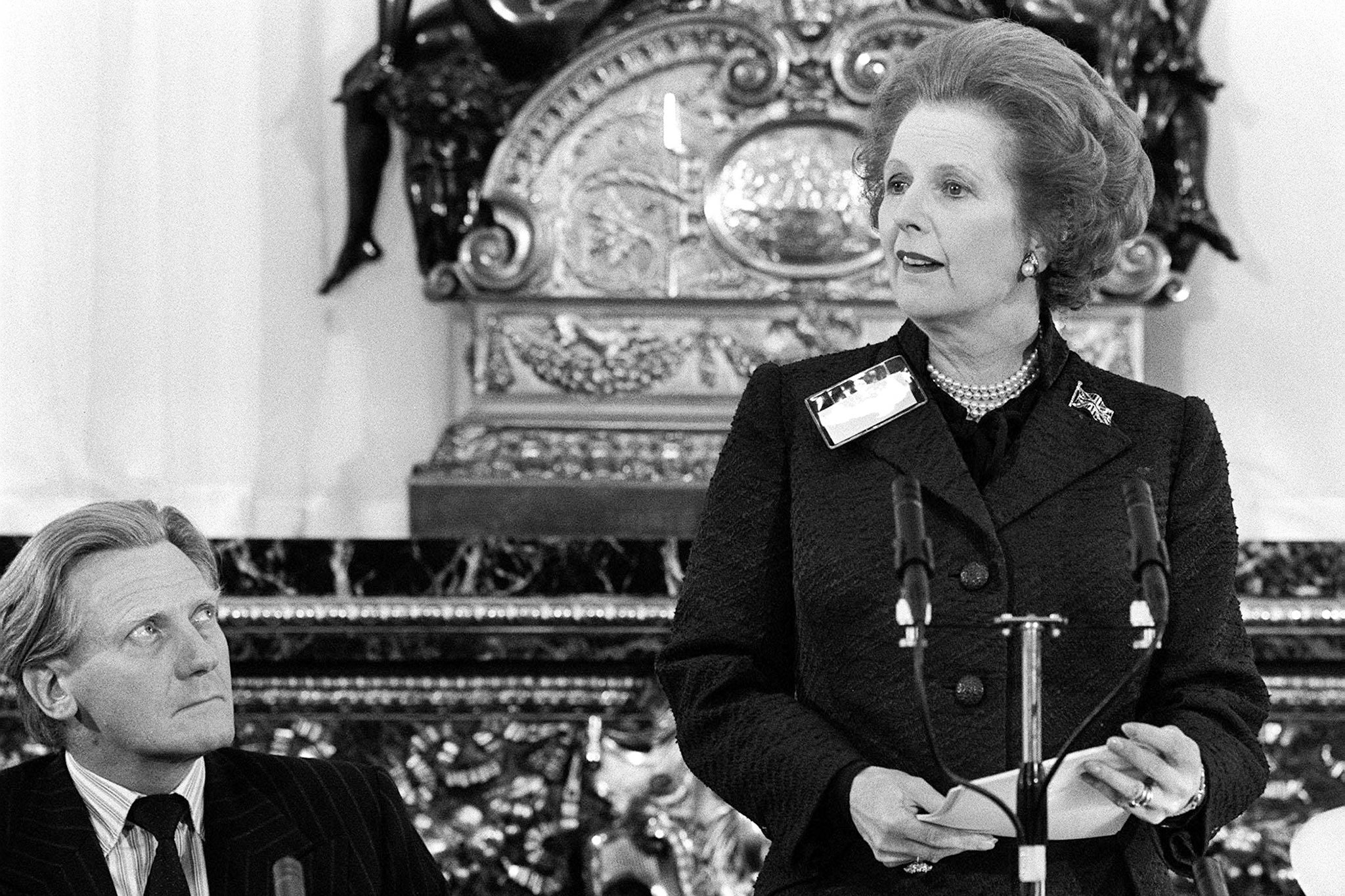Thatcher was the bitter enemy of the working class – what is Starmer thinking?
Letters to the editor: our readers share their views. Please send your letters to letters@independent.co.uk

In a recent interview, Sir Keir Starmer praised the patron saint of neoliberalism, Margaret Thatcher, arguing that she effected “meaningful change... by setting lose our natural entrepreneurialism”.
In my opinion, Thatcher was the bitter enemy of the working class. Her philosophy, which argued there was “no such thing as society” and her programme of wholesale privatisation, put billions into the pockets of a tiny minority and delivered worse services in every sector that it touched.
Starmer’s endorsement of Thatcherism and his efforts to reach out to Tory supporters says everything about him and his party.
Starmer claims he is extending the “hand of friendship” to all Britons – irrespective of whom they have voted for in the past, and asks Conservative voters to “take a look” at his party once again.
In truth, it’s those on the left who are taking another look at Labour… if they can stomach it.
The man who was meant to offer an alternative to the Tory party policy is against trade unions, against a ceasefire in Gaza, against welcoming refugees and against raising taxes.
The man who offers the “hand of friendship” to Tories, has spent his time as Labour leader attacking those on the left and firing MPs not in line with his policies.
A “hand of friendship” to the party who over 14 years have unceasingly attacked the working class.
Sasha Simic
London
Pay deal is a tax trap for doctors
Although it may seem disingenuous to criticise the current pay deal on offer for consultants in the NHS, behind the headline-grabbing “inflation-busting” pay increase, for a significant number of senior doctors the pay increase they would receive would result in a not insignificant pension tax liability.
And so, when the realisation dawns on the profession, it makes for a difficult decision whether to vote for the deal on offer. Inflationary pressures driving up salaries has meant the previous tinkering around the pension tax rules and thresholds is already time-expired and needs to be looked at yet again with a need for a definitive solution to be put in place this time. Without addressing this pernicious tax trap, the government will simply give with one hand, and take away with the other.
Dr Pete Ford
Exeter
Use AI to help our key workers
With respect to Polly Dunbar’s article on basic universal income paid to artists and the like. Imagine the difference £282 a week extra would make to the recruitment of social carers, fruit pickers or the myriad essential low-paid workers this country needs simply to exist.
The suspicion, however, is that such a scheme, coupled with universal benefit, would only establish a minimum income closer to the benefit levels enjoyed by our near neighbours in the EEC without any improvement in production.
Surely the benefits of AI should be used to boost the wages of key workers that maintain the health and wellbeing of the nation; not frittered away on vanity occupations or watching daytime TV.
David Smith
Taunton
Million-pound income
Polly Dunbar gives us a fascinating summary of the various basic income schemes currently being tried around the world. However, she makes some suggestions that I find hard to understand. When claiming someone could be persuaded to enter teaching rather than go into banking, she doesn’t say why that individual would give up a salary of many hundreds of thousands of pounds to live on a basic income of less than £20k.
Or is she suggesting that the basic income would be at the same level as that of investment bankers? She also fails to address who would be doing all the “poor quality” jobs.
Seems there is a lot more work to be done on ideas like the UBI.
Geoff Forward
Stirling
The BBC belongs to the people
Lucy Frazer, secretary of state for culture, media and sport, appeared on this morning’s Today programme in a wholly unconvincing attempt to justify her approach to determining the upcoming increase in the BBC’s licence fee, by trying to link it to the cost of living crisis. Apparently, Ms Frazer’s powers include not only reneging on a deal previously agreed with the BBC, but also unilaterally defining the rate of inflation to be applied, which I had previously supposed to be an objective measure.
It is clearly unacceptable that this important decision should reside solely with the secretary of state and be subject to such obvious political bias; the BBC belongs to the people of this country and should be protected from political interference wherever possible. I had hoped that with the departure of Nadine Dorries the DCMS would be under more mature and objective leadership. Judging by this morning’s dissembling, this is clearly not the case.
Ian Richards
Birmingham
Join our commenting forum
Join thought-provoking conversations, follow other Independent readers and see their replies
Comments
Bookmark popover
Removed from bookmarks